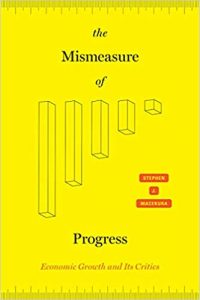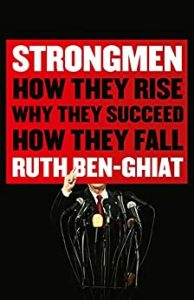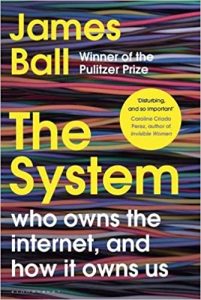It’s the time of year when I look back over 12 months of reading and nominate a ‘winner’. The rules are: this is entirely arbitrary. It depends what I liked best (for ideas, quality of writing, provocativeness, accessibility etc) from what I happen to have read (publication date irrelevant). There is a prize: I offer to take the author(s) to lunch if we happen to be in the same city.
This year’s list is quite long. There is an actual longlist of 11 books (in the order I read them), then some supplementaries.
The longlist:
- Deaths of Despair – Anne Case and Angust Deaton. My review here.
- The Sum of the People – Andrew Whitby. My review here.
- Frank Ramsey – Cheryl Misak. My review here.
- The Economics of Belonging – Martin Sandbu. My review here.
- Arts and Minds – Anton Howes. My review here.
- Angrynomics – Mark Blyth and Eric Lonergan. My review here.
- If/Then – Jill Lepore. My review here.
- Boom and Bust – William Quinn and John Turner. My review here.
- The Code – Margaret O’Mara. My review here.
- Rentier Capitalism – Brett Christophers. My review here.
- The Mismeasure of Progress – Stephen Macekura. My review here.
Not much overlap with Tyler Cowen’s list. Mine reflects my leaning towards statistics and tech.
Supplementary lists.
Two books everyone should read before being allowed to hold or express any opinions about numbers in public life – compulsory purchases:
- Calling Bullshit – Carl Bergstrom and Jervin West. My review here.
- How to Make the World Add Up – Tim Harford. My review here.
Three terrific books about democracy and its decline:
- The Light that Failed – Ivan Krastev and Stephen Holmes
- The Twighlight of Democracy – Anne Applebaum
- Strongmen – Ruth Ben-Ghiat
There are many good recent books about AI, but only one that can make you fall off your chair weeping with laughter. Great Holiday Season present to yourself:
- You Look Like a Thing and I Love You – Janelle Shane.
There were a number of bubbling under titles, and a whole bunch of good books I read about logical positivism, the Vienna Circle, and the 1920s. But it was time to draw a line. I’ll select an overall winner in a week or so.




